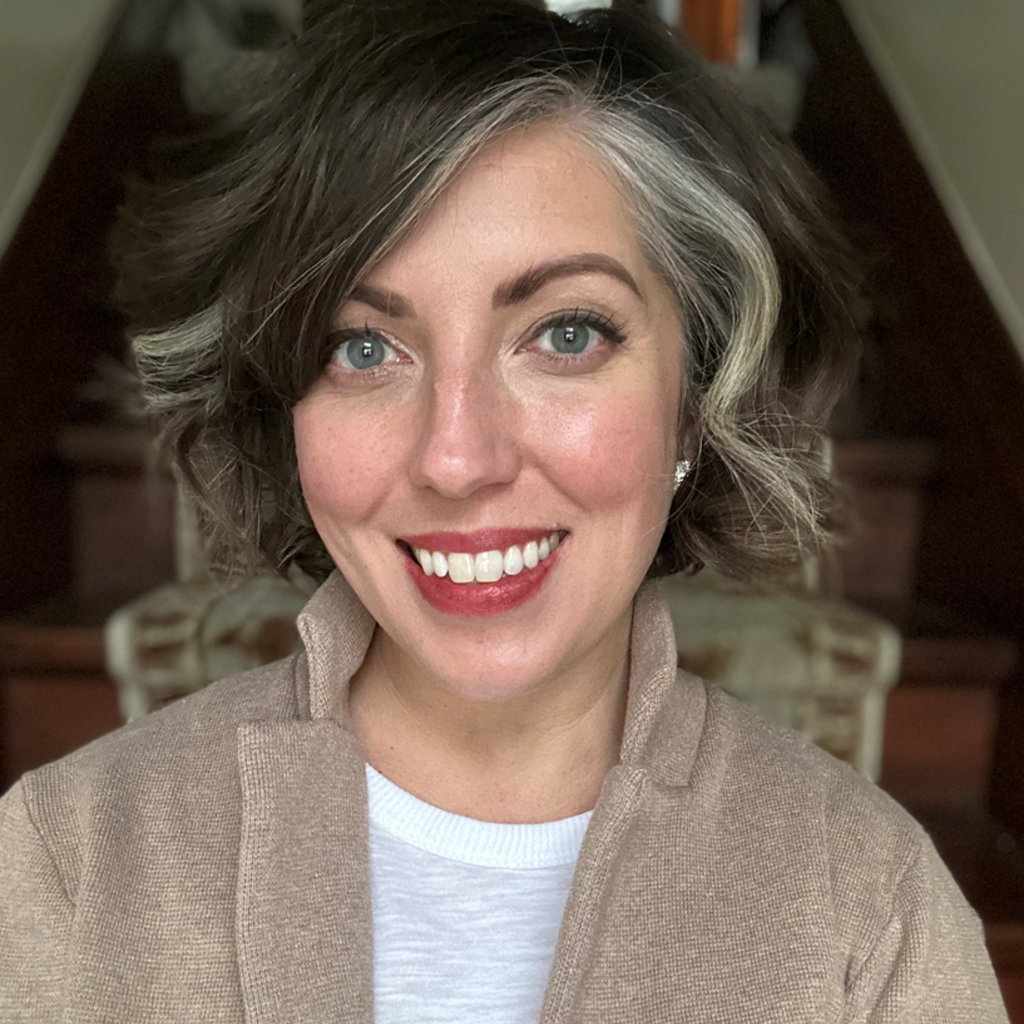Main navigation
This specialization focuses on the study of how the communicative practices of relating in everyday life construct, shape, sustain, and change who we are as individuals and the quality of our lives as social beings. The program is centered on theory complemented by a multi-method commitment to both qualitative and quantitative research methods. Coursework in this area concentrates on the study of relationships—those familial, personal, social, and workplace bonds of which everyday life is comprised.
Doctoral students are encouraged to take 3 courses each semester, drawing upon coursework in Interpersonal Communication & Relationships, as well as relevant coursework from the other two specializations in the department and from courses in cognate departments (including but not limited to Anthropology, Community & Behavioral Health, Education, Psychology, Social Work, and Sociology).
The next four-year rotation of coursework in Interpersonal Communication & Relationships tentatively includes:
- Communication Theory
- Quantitative Methods
- Ethnographic Methods
- Discourse Analysis
- Family Communication
- The Dark Side of Interpersonal Communication
- Dialogic Communication
- Communication & Narrative
- Health Communication
- Health Communication Campaigns
- Constructs, Communication & Identity; Advanced Relational Theory
- Persuasion Theories & Research
- Communication, Cognition, & Emotion
Interpersonal communication and relationships faculty
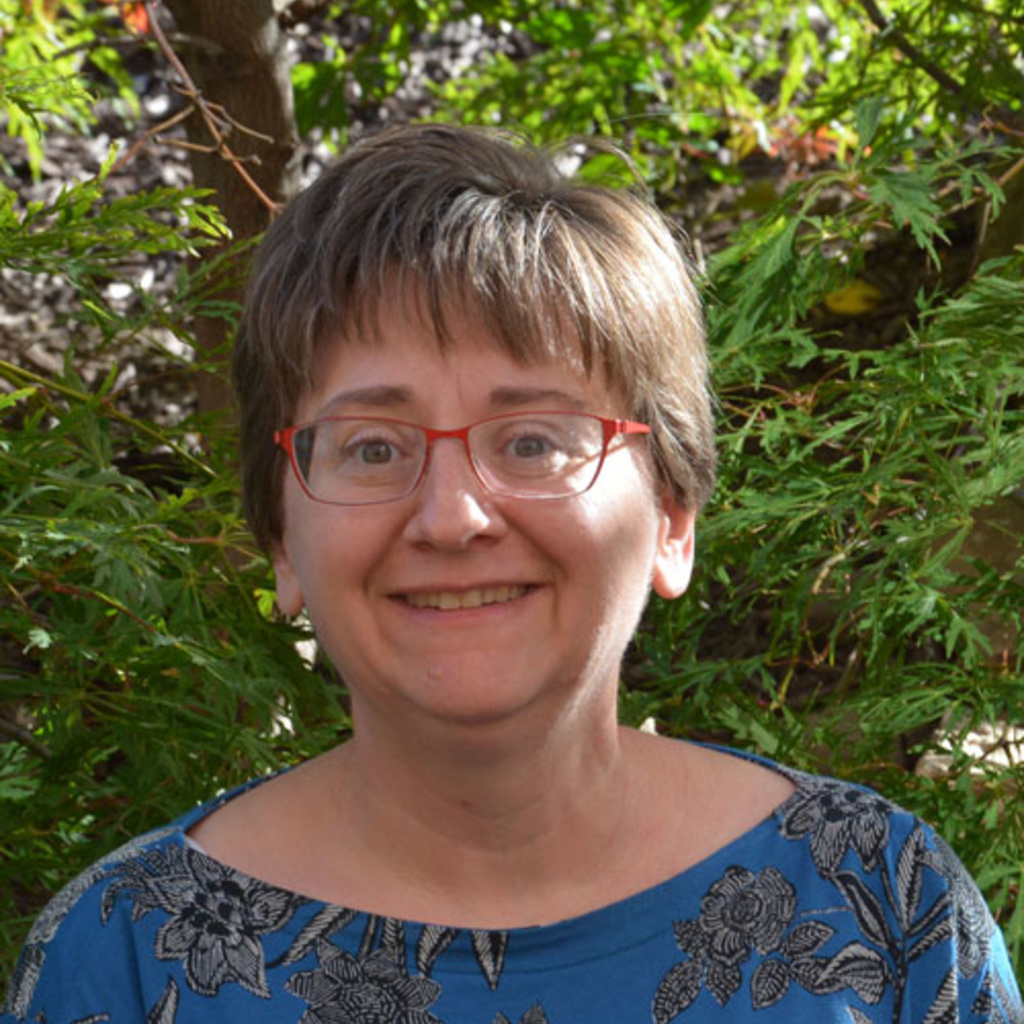
Shelly Campo, PhD

Jordan Conrad
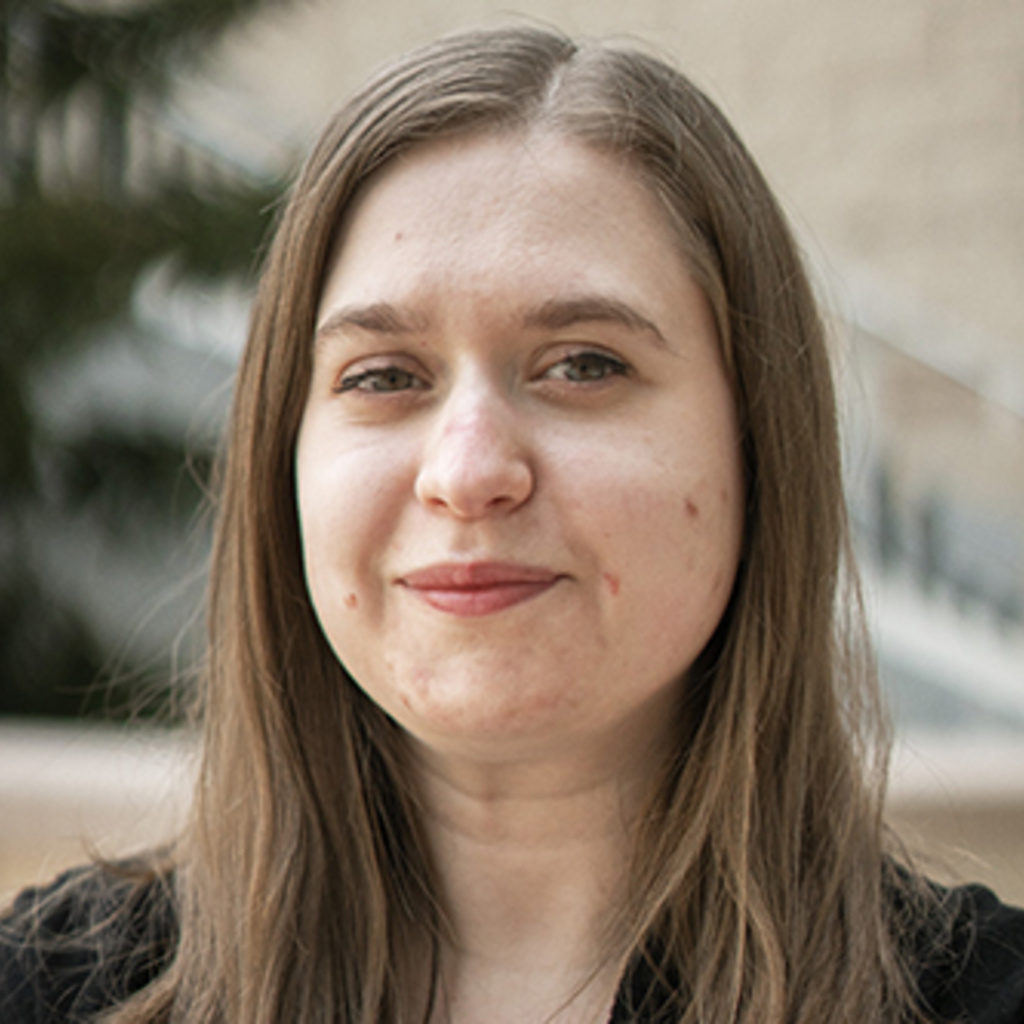
Helen Lillie
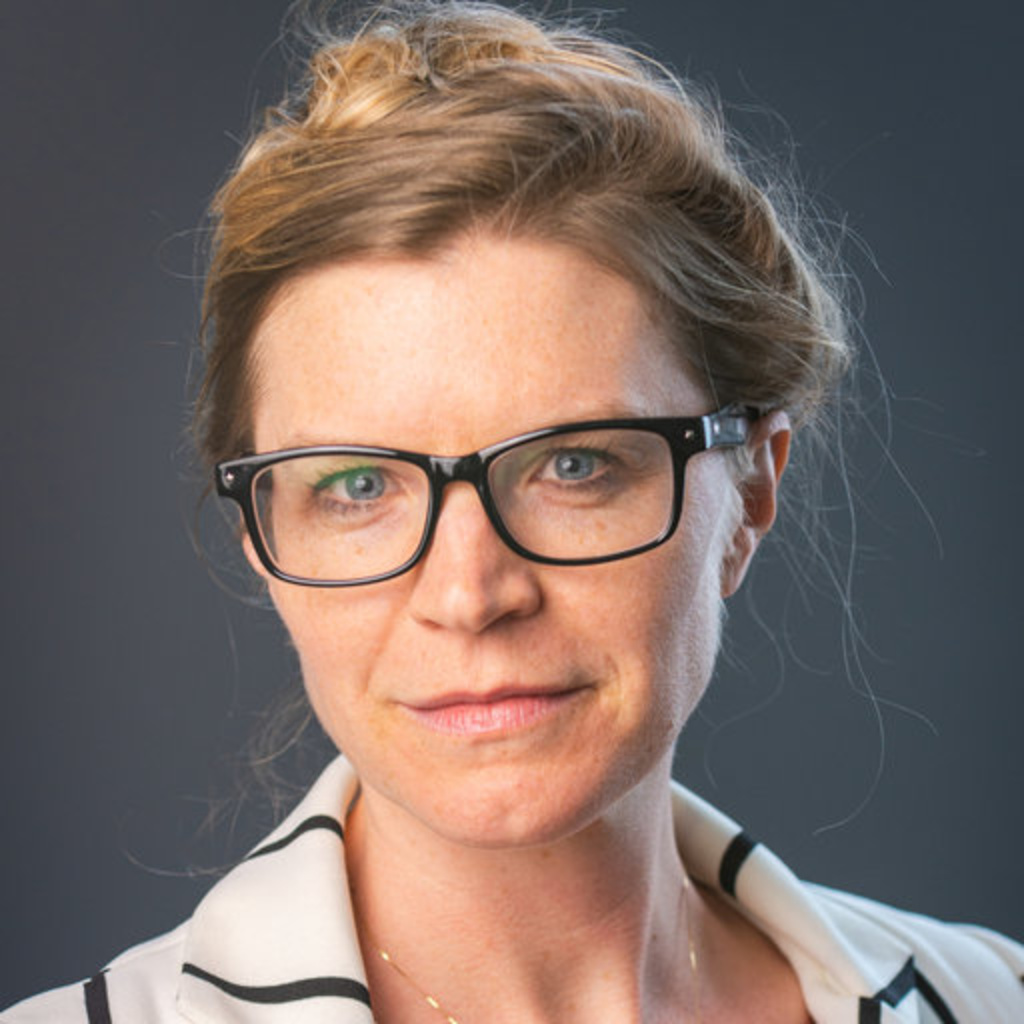
Kate Magsamen-Conrad, PhD
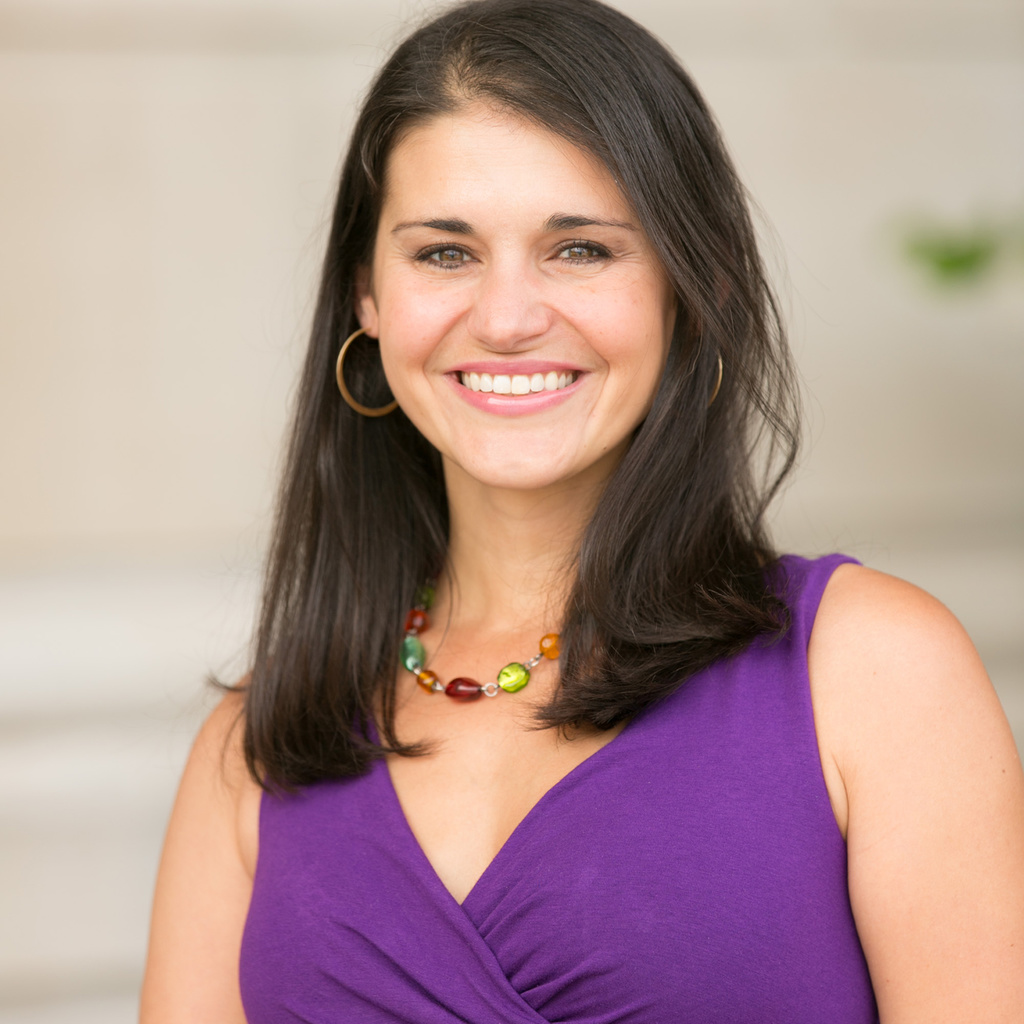
Rachel McLaren, PhD
